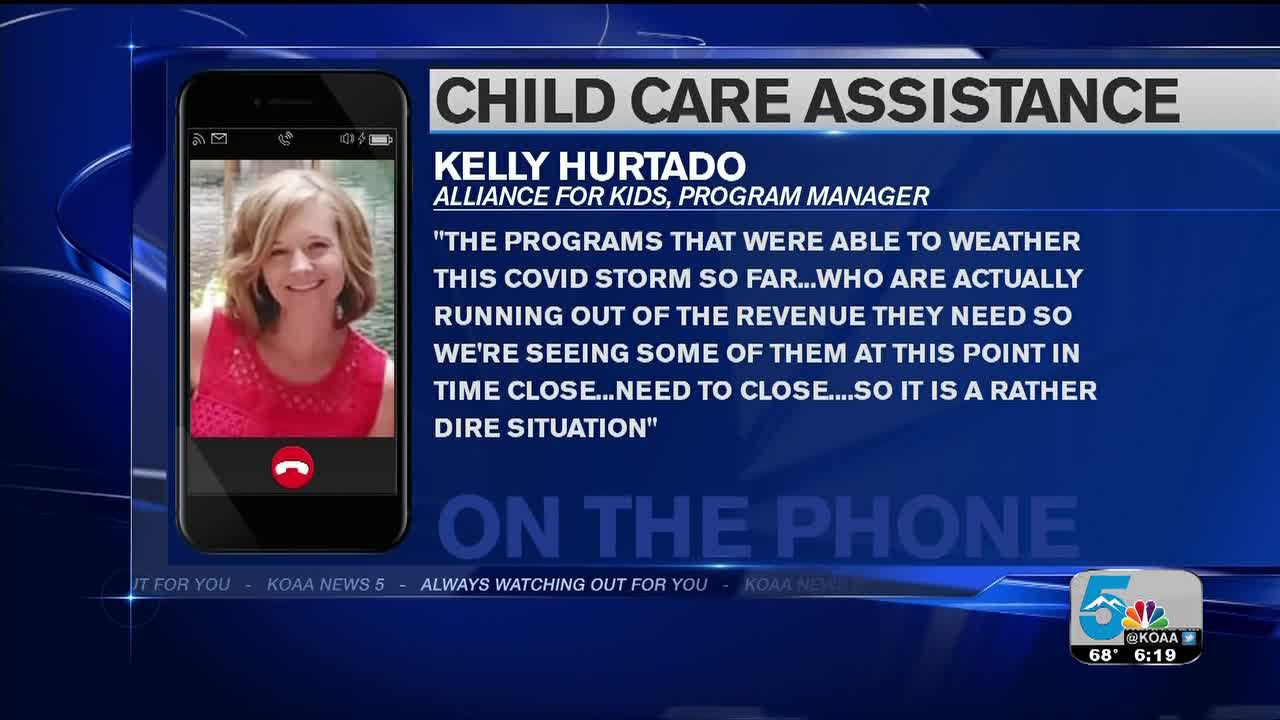COLORADO SPRINGS — As we head into the summer months, child care is going to be on the minds of a lot of parents. Colorado's Emergency Childcare Collaborative fund will expire in one week, leaving many parents searching for a plan b.
The fund was created so that essential employees can go to work while having their daycare paid for by the state. About 120 daycare centers in El Paso County participated in the program.
Our child care system nationwide is also facing a bleak reality. According to a survey done by the Bipartisan Policy Center, half of licensed daycare operators won't make it through the pandemic. The U.S. Labor Department says more than 330,000 child care workers lost their jobs in April. In El Paso County alone, 40 daycare facilities shutdown immediately when the pandemic began.
"The programs that were able to weather this COVID storm so far, they are actually running out of the revenue they need so we're seeing some of them at this point in time close," said Kelly Hurtado, Program Manager of Alliance for Kids. "It's rather a dire situation."
Alliance for Kids is a non-profit agency that serves as El Paso County's Early Childhood Council. Hurtado says her agency is conducting a survey of it's own, to try to come up with a long term solution to the county's childcare crisis, not just a quick fix.
"We feel it is really vital that we access the child care needs of families in order to rebuild the supply of this vital service," she said.
Rebuilding the damage already done to Colorado's child care system could take a while, and with the state's emergency childcare program ending a week from Sunday, Hurtado says some families may qualify for the Colorado Child Care Assistance Program. Contact the El Paso County Department of Human Services to find out more about the program.
Hurtado says they need as many families as possible with children who are in middle school or younger, to respond to their survey. For more information, click here.


